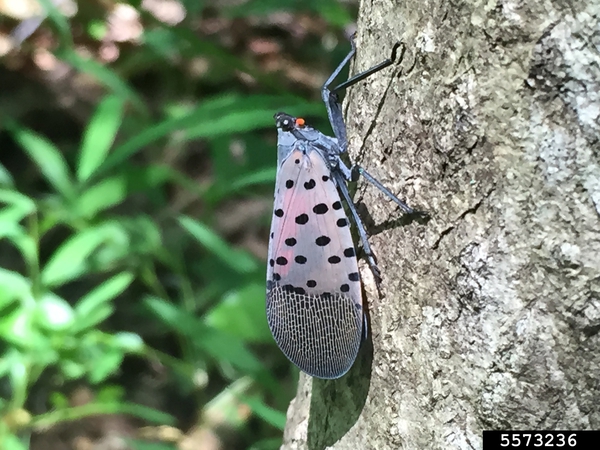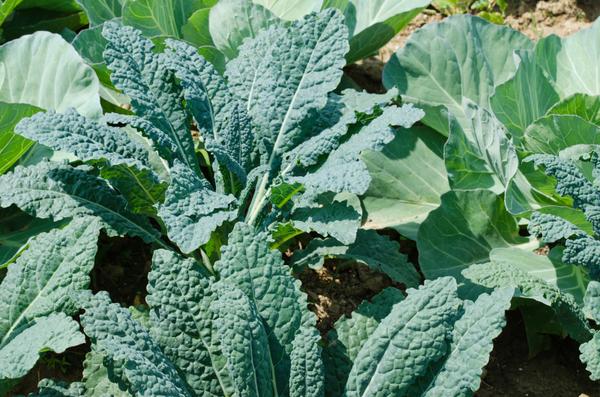Lawn & Garden
en Español / em Português
El inglés es el idioma de control de esta página. En la medida en que haya algún conflicto entre la traducción al inglés y la traducción, el inglés prevalece.
Al hacer clic en el enlace de traducción se activa un servicio de traducción gratuito para convertir la página al español. Al igual que con cualquier traducción por Internet, la conversión no es sensible al contexto y puede que no traduzca el texto en su significado original. NC State Extension no garantiza la exactitud del texto traducido. Por favor, tenga en cuenta que algunas aplicaciones y/o servicios pueden no funcionar como se espera cuando se traducen.
Português
Inglês é o idioma de controle desta página. Na medida que haja algum conflito entre o texto original em Inglês e a tradução, o Inglês prevalece.
Ao clicar no link de tradução, um serviço gratuito de tradução será ativado para converter a página para o Português. Como em qualquer tradução pela internet, a conversão não é sensivel ao contexto e pode não ocorrer a tradução para o significado orginal. O serviço de Extensão da Carolina do Norte (NC State Extension) não garante a exatidão do texto traduzido. Por favor, observe que algumas funções ou serviços podem não funcionar como esperado após a tradução.
English
English is the controlling language of this page. To the extent there is any conflict between the English text and the translation, English controls.
Clicking on the translation link activates a free translation service to convert the page to Spanish. As with any Internet translation, the conversion is not context-sensitive and may not translate the text to its original meaning. NC State Extension does not guarantee the accuracy of the translated text. Please note that some applications and/or services may not function as expected when translated.
Collapse ▲Learn More Using the Resources Below
Extension Topics
- Blackberries and Raspberries
- Blueberries
- Composting
- Extension Entomology - Insect Biology and Management
- Extension Gardener
- Horticulture
- Muscadine and Vinifera Grapes
- NC Community Gardens
More Extension Programs at NC State University
Partnerships and Organizations
Social Media
Specialized Search Tools
Volunteers in Extension
Recent Publications related to Lawn & Garden

Spotted Lanternfly
This factsheet offers information on the biology and management of the spotted lanternfly, an invasive …
Grapes and Berries for the Garden
This guide provides home gardeners with instructions for growing strawberries, blueberries, brambles (blackberries and raspberries), …

Soil Acidity and Liming: Basic Information for Farmers and Gardeners
An introduction to soil acidity and liming for farmers and gardeners to increase crop income …

Butterflies in Your Backyard
You can attract the many butterflies found throughout North Carolina to your backyard by following …
Insect Control
This publication covers insect control in a variety of crops, as well as household pests.
2026 North Carolina Agricultural Chemicals Manual
This manual, updated every year, covers pesticide use and safety information, chemical application equipment, fertilizer …
Pesticide Use and Safety Information
This publication describes restricted-use pesticides, the safe use of pesticides and evaluating the potential for …

Kale
This series of publications provides information about how to grow, harvest, and prepare a variety …



